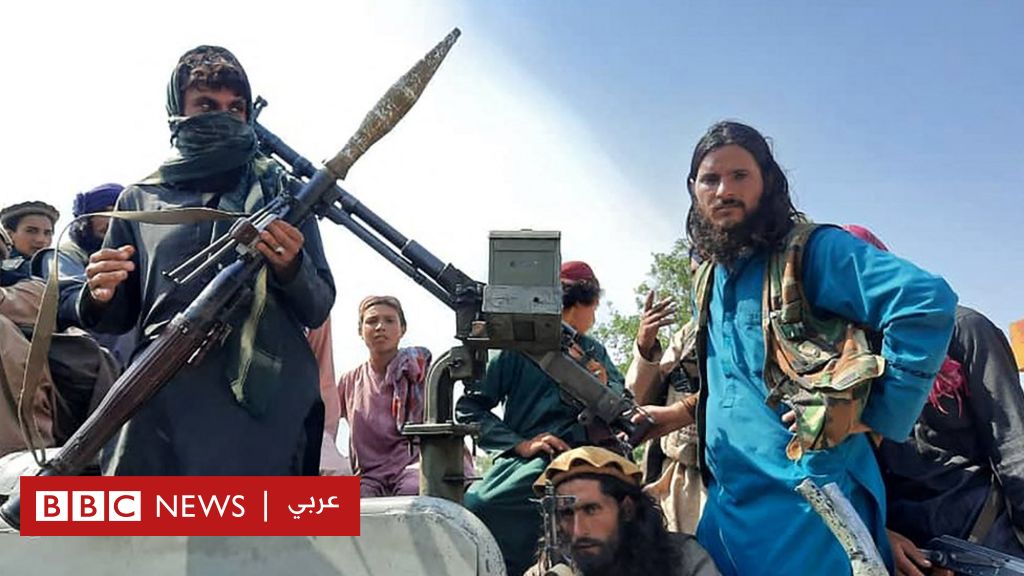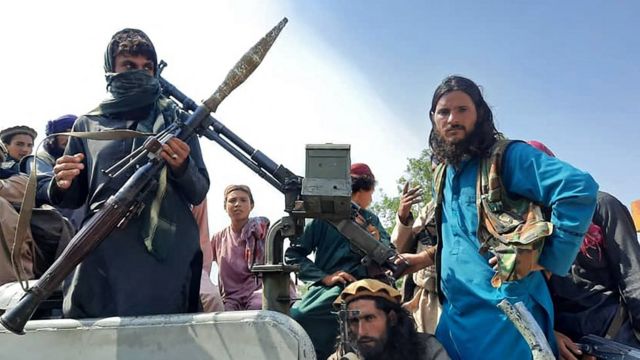
[ad_1]
The Taliban movement has taken control of most of the Afghan provinces and is at the gates of Kabul
With the rapid fall of the capitals of the Afghan states, in the hands of the “Taliban” movement, and the announcement of the entry of the movement’s fighters into the Afghan capital, Kabul, the concern and apprehension of the Arabs is growing, as to the situation. return of the Taliban to reign over Afghanistan again, with the risks that this entails, the return of Kabul to embrace extremist groups, such as Al-Qaeda and the so-called Islamic State, did not hide in their speeches repeated their hostility towards many Arab regimes.
Several countries in the Arab region fear that the return of the Taliban to power heralds the return of the fundamentalist tide, again on the Arab and Islamic stages, after it had subsided sharply, due to the successive defeats suffered by Al-Qaida and the so-called Islamic State.
Despite assurances received by a high-ranking Taliban delegation during a visit to China on Wednesday August 11 that the group would not allow Afghanistan to be used as a base for plotting against another country, the events of the history can justify the concerns it feels by several Arab countries, towards the return of the Taliban again to power in Afghanistan.
Many who voice these fears remember how during the Afghan-Soviet War Afghanistan became a magnet for “jihadist” groups from many Arab countries, and how the ideas of these groups spread. in many Arab countries and sought to change the culture. many companies. It has also entered into confrontations with the regimes of these countries, and they consider that the return of the Taliban, to rule Afghanistan, could once again turn the country into a meeting point for extremist and terrorist groups, many countries Arabs.
Rapid collapse of the army
Why did the Afghan army collapse so quickly in the face of the Taliban movement? A question that has been repeated a lot in many media in recent days, and it seemed that the Taliban movement was crawling over the Afghan provinces, to seize them easily, and without bloodshed, amid the surrender of thousands of soldiers. government officials, and in view of the collapse of the defenses of the 300,000-strong Afghan army, whose construction and armament was overseen by the Americans, over the past two decades.
And the New York Times says, in a report, that the rapid progress of the Taliban fighters reflects the failure of the United States’ efforts to transform the Afghan army into a strong and independent fighting force, in light of growing sentiment among the elements of the army of treason, towards the country’s rulers who lack competence.
The newspaper points out that the collapse of the Afghan army came as the United States spent more than $ 83 billion to arm it, provide it with equipment and training, over two decades. zones and then promise them, once the hunger wears them out, that they would not be attacked if they surrendered and left their equipment behind.
As for the main thing the newspaper talks about, it is the corruption of the government, because it says that despite the fact that the number recorded on the papers of the Afghan soldiers is 300,000, the presence on the ground does not exceed one sixth. of this number, and that the number has been falsified, due to corruption and secrecy, which characterize the handling of the matter by the Afghan authorities.
Do you think that the return of the Taliban movement to power in Afghanistan may be a concern for some Arab countries?
How do you assess what observers say that Afghanistan under the Taliban could become a rallying point for extremist groups opposed to Arab regimes?
Will the Taliban benefit from the accumulated experience and avoid interfering in the affairs of other countries?
Why do you think the defenses of the Afghan army collapsed in the face of the advance of the Taliban?
Does the collapse of the Afghan army represent a failure of American strategy?
We will discuss these and other topics with you on Monday August 16.
The communication lines open half an hour before the program on the number 00442038752989.
If you would like to participate by phone, you can email your phone number to [email protected]
You can also send phone numbers to our Facebook page via private message
You can also share your opinion on the dialogues published on the same page, and its address: https://www.facebook.com/hewarbbc
You can also watch episodes of the program via this link on YouTube
Source link
